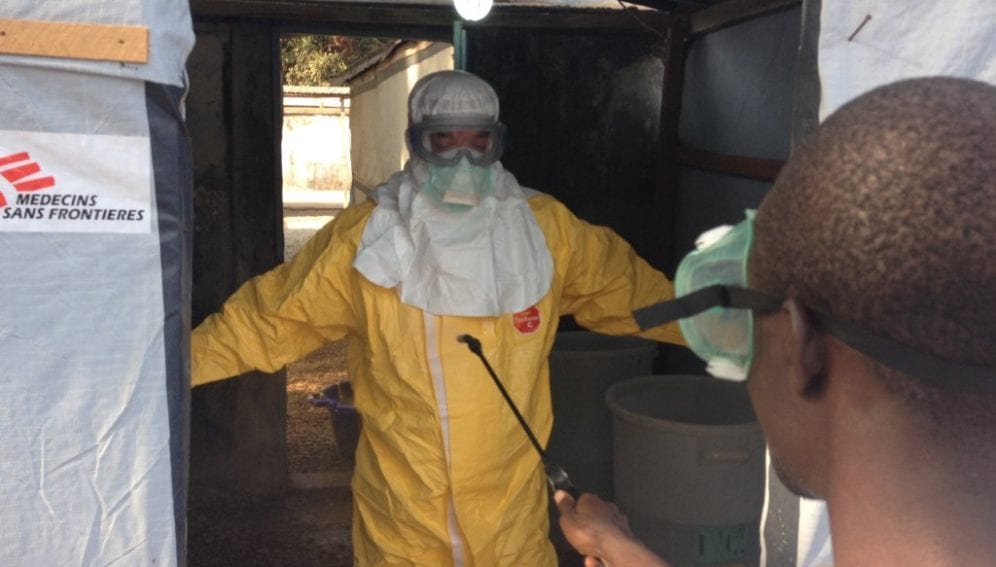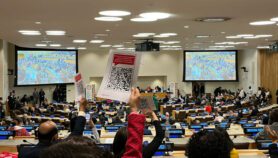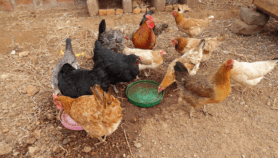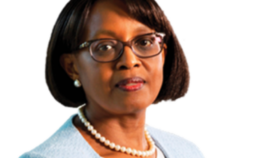Send to a friend
The details you provide on this page will not be used to send unsolicited email, and will not be sold to a 3rd party. See privacy policy.
Healthcare workers in the Ebola-affected West African countries are using innovative strategies, including a buddy system to help protect themselves from getting infected.
The tendency of Ebola virus to infect healthcare workers in the affected West African countries — which have been fatal in some cases — raises questions about the safety of those at the forefront of containing the disease, including health researchers.
Julie Damond, the West Africa regional communications officer at Médecins Sans Frontières (MSF), one of the organisations fighting the epidemic in Guinea, Liberia and Sierra Leone, tells SciDev.Net that security is of paramount concern to them.
“Our staff is always working in pairs in a buddy system. They monitor each other to make sure that no mistakes are made.”
Julie Damond, Médecins Sans Frontières (MSF)
The precautions MSF takes include administrative controls, which limit the number of personnel authorised to access the reported high-risk areas at any one time, Damond explains. In addition, the international staff is put on rotation every four to six weeks in an effort to ensure that the doctors and the specialists are not too tired as fatigue could increase the risk of exposure.
“Our staff is always working in pairs in a buddy system," says Julie Damond. “They monitor each other to make sure that no mistakes are made. We try as much as possible to administer oral medicines rather than injections, thereby reducing the risk of spreading the virus through accidental needle pricks. We limit the number of blood tests as well.”
The WHO, in collaboration with the ministries of health in the affected countries such as Mali, Sierra Leone, Guinea and Senegal, has trained dozens of doctors, nurses and laboratory technicians, primarily in prevention and control measures, according to Damond.
Fazlul Haque, the deputy director of UNICEF (United Nations Children’s Fund) in Liberia, says although they are not directly involved in treating Ebola patients, UNICEF is not taking chances as they help mobilise people to tackle the disease.
“All agents are above all well informed about the disease, and are individually and collectively cautious,” says Haque. “Our teams are coordinating two hundred social mobilisers who work at the community level for better social impact.”
Even in countries not affected by the epidemic, protecting healthcare workers is a priority.
Senegal, a country neighbouring Guinea, is on alert: The regional markets are still closed, but the boarders are open.
In an interview with SciDev.Net, El Hadj Mamadou Ndiaye, Senegals’ director of public health noted: “The health facilities have received grants in equipments and protective gear such as disinfectants, masks and gloves. All the necessary equipment are in place”.
Link to original article
Translation: Bernice Nduta
This article was originally published on SciDev.Net’s Afrique Sub-Saharienne news desk.














